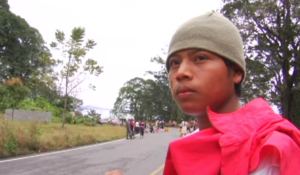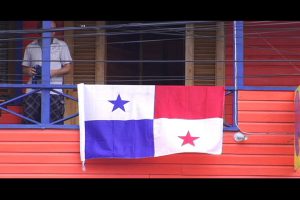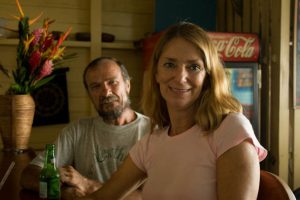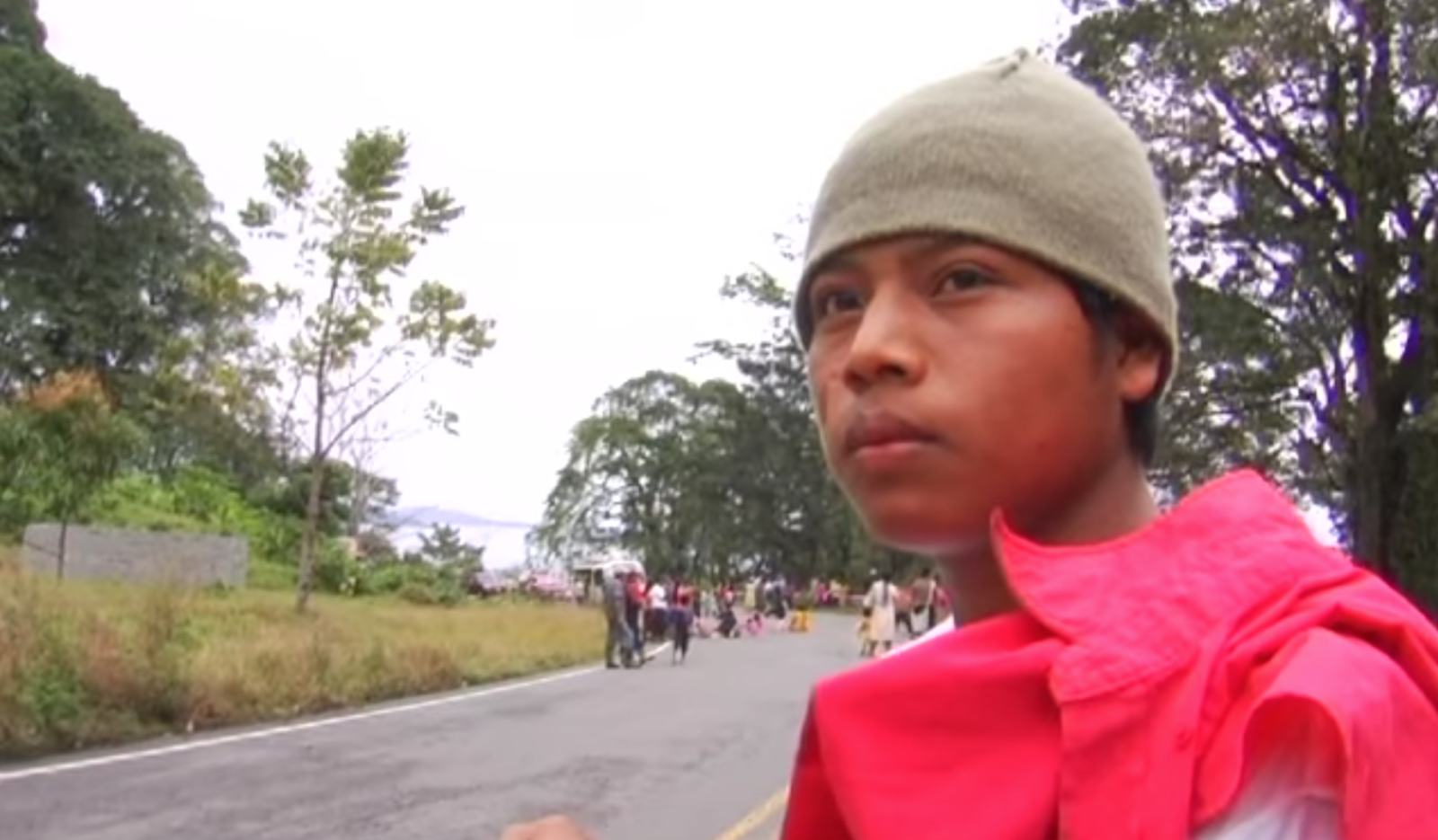
Anayansi Prado
Los Angeles, CA
Anayansi Prado is a documentary filmmaker who was born in Panama and moved to the United States as a teenager. She directed and produced the award-winning documentaries Maid in America about Latina domestic workers; Children in No Man’s Land about unaccompanied minors crossing the border; and Paraiso for Sale about American moving to Panama. Anayansi is a Visiting Professor at the UCLA Film School, and serves as a Film Expert for State Department’s film diplomacy program The American Film Showcase. Prado co-founded Impacto Project, a non-profit organization committed to providing media training to youth in disadvantaged communities the US and abroad. Anayansi is in post-production of The Unafraid, a documentary about undocumented students in Georgia which has banned them from attending the state’s top public universities.


Paraiso for sale
Anayansi Prado is a documentary filmmaker who was born in Panama and moved to the United States as a teenager.
Artist BioWhat price would you pay for paradise? And who would you be willing to take it from? Panama is one of the most sought after real estate destinations in the world. The archipelago of Bocas del Toro, a gem hidden away in the Caribbean side of Panama, attracts retirees and developers from the U.S. with its crystal clear waters and luscious trees. Filmmaker Anayansi Prado returns to her homeland to document the effects the fast-growing migration of American retirees and developers to Bocas del Toro is having on the local community. Feliciano, a Ngobe Bugle indigenous leader, organizes his people in an effort to protect their land from the government and foreign developers. Local boatsman Dario runs for Mayor with the hopes of bringing change to development in Bocas del Toro. American retiree couple Karan and Willy spent their life savings on their dream home in paradise, only to pay the real price for it later. Paraiso for sale explores issues of modern day colonialism, residential tourism and global gentrification and reveals that migration between Latin America and the U.S. is not just a one-way street.



